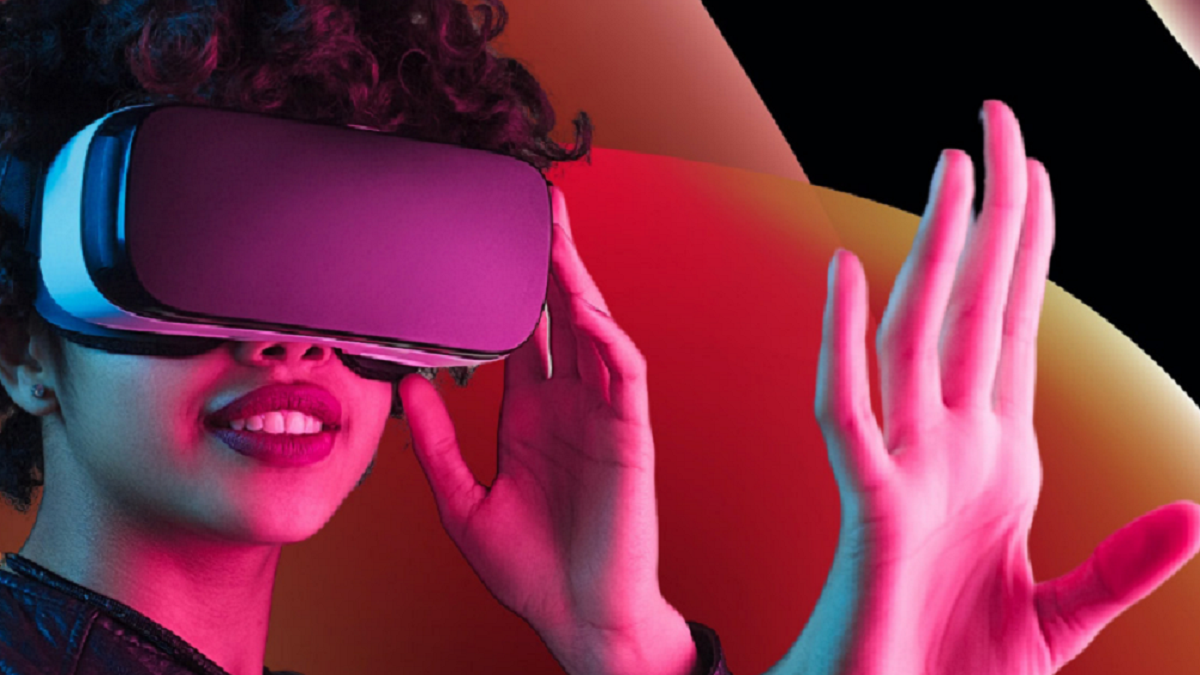The International Trademark Association (INTA) has released white papers addressing the legal implications of two rapidly emerging technologies: non-fungible tokens (NFTs) and the metaverse.
The NFT white paper provides an overview of NFTs, their unique properties, and their current and potential uses. It also discusses the legal considerations associated with NFTs, including intellectual property rights, tax implications, and regulatory concerns.
The metaverse white paper focuses on the concept of the metaverse, which refers to a collective virtual shared space that is created by the convergence of virtual and physical reality.
It also discusses the potential uses and benefits of the metaverse, including its potential to provide new opportunities for businesses and individuals, as well as its potential impact on privacy and data protection.
Harmonising trademarks
Trademark classification for metaverse and digital assets needs to be harmonised, according to the white paper. The paper suggests that INTA committees should study various possible solutions, such as establishing a new Nice Class 46 or registering virtual goods under the same classes as their physical counterparts, to identify the best approach for advocating on behalf of brand owners.
The paper recognises that trademark owners may not be able to protect their virtual goods through traditional expansion analysis. It may be necessary to conduct more research and advocacy to establish guidelines for courts to determine if owners can enforce their rights in the metaverse without additional registration or use of a specific metaverse mark.
INTA says that it should develop a position on assessing trademark use in the metaverse and advocate for greater international alignment to establish commonly understood norms of use across borders and platforms.
Legal rules
INTA also aims to examine how licensing practices should adapt to the evolving metaverse landscape and provide best practices or educational campaigns on ownership, licensing, and assignment of digital assets and their underlying intellectual property rights.
Legal rules for determining where a dispute should be heard, such as where someone lives or where a property is located, may not work well in the future as the internet becomes more decentralised. This creates problems for protecting trademarks in virtual worlds.
It’s hard to find who is breaking the rules and which court should handle the case. It’s not clear if trademark owners can limit their legal risk by only targeting certain platforms or markets. INTA says that ineeds to develop guidelines that balance the need to protect trademark owners while also allowing them to take action against ‘infringers’.
The nascent metaverse space
The paper notes that a, “Crucial element – which is not yet in existence – is interoperability.” And that the metaverse only exists in some rudimentary forms.
It also highlights the legal challenges associated with the metaverse, such as the need to establish clear rules for virtual property rights and the potential for the metaverse to be used for criminal activities. Adding that the legal frameworks governing the metaverse will need to be flexible and adaptable to keep up with the rapid pace of technological change.
Both white papers emphasise the need for collaboration among stakeholders to address the legal challenges associated with these emerging technologies.
They further suggest that governments and other stakeholders should work together to develop legal frameworks to balance innovation and progress with the need to protect intellectual property rights, privacy, and other important interests.
The release of these white papers by INTA reflects the growing recognition among legal and industry professionals of the importance of understanding and addressing the legal implications of emerging technologies.
As NFTs and the metaverse continue to gain traction and become increasingly integrated into our daily lives, we will likely see continued efforts to address the legal challenges they pose. And as these technologies continue to evolve, it is clear that understanding and addressing their legal implications will be critical to their success and global adoption.
Isa Muhammad is a writer and video game journalist covering many aspects of entertainment media including the film industry. He's steadily writing his way to the sharp end of journalism and enjoys staying informed. If he's not reading, playing video games or catching up on his favourite TV series, then he's probably writing about them.



































